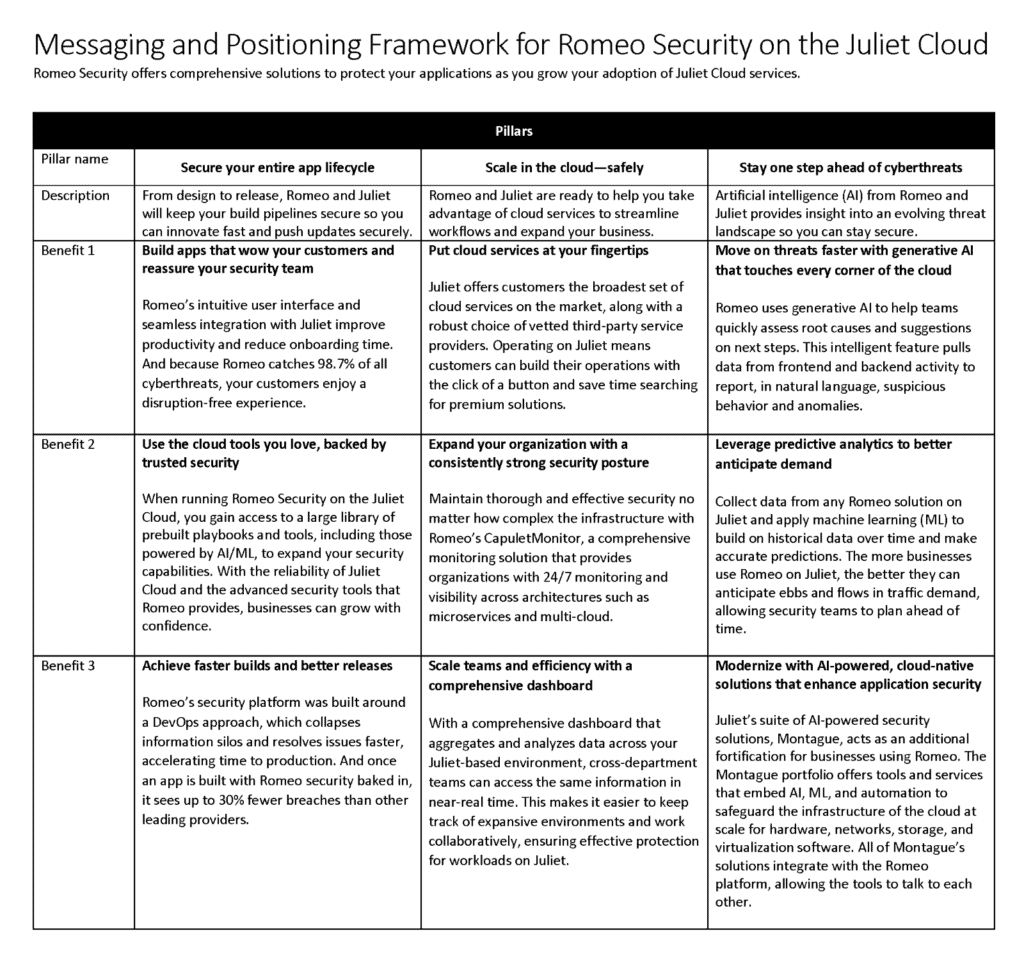
Image by Brandon Conboy
It’s event season, so represent, re:Invent and Ignite attendees! If you’re going to be a presence at an event, you know the importance of being well prepared. Not only do you need to know your product pitch down pat, but also, you want to stand out and provide a stellar experience for your audience (hey, that booth over there is giving out stickers). Whatever branding you stand behind—playful, quirky, super-high-tech, or all of the above—there are specific assets that always resonate with event goers, or as we like to call them, your soon-to-be customers.
Get noticed
Your booth is the coolest booth. Why? Because you used eye-catching booth wraps. These provide a professional, cohesive look to your spot on the event floor—and can grab attention from across the room. They make you easy to spot and can make show attendees gravitate your way.
While we’re talking about gravitational pull, let’s talk animations. Regardless of booth size, you’ll typically have space for projecting video, which is a major win. Animations give folks something to watch that showcases your product—whether it’s a sequence of images showing a process in action, or bite-sized snippets of your key features and benefits. Not everyone may want to chat, or you’ll be so popular they won’t get the chance to. Give them something to watch so they learn what you’re about in a quick, fun way.
Provide info-tainment
Booth animations are entertaining, it’s true. But sometimes people like touching things, and that’s where click-through demos shine. These are demos that customers can interact with, which helps them feel immersed in your product story. Interactive demos are also helpful if your booth is busy, since folks can self-serve. If you do get the chance to interact directly, you’ll want a pitch-perfect pitch deck. These product overviews can surprise and amaze customers with the information you’ll walk them through—and we can create the accompanying talk track for you too, to ensure customers take away your key points.
Be memorable
Speaking of takeaways…it’s a good idea to have something tangible for customers to take with them. Create a one- or two-page overview of your product’s key features and benefits (often referred to as a solution brief), and hand them to folks you’ve chatted with. That quick reference guide will provide a visible reminder of you, and it’s something recipients can easily share with others. And let’s not underestimate the importance of swag—stickers, socks, pens (everybody needs pens)—have a supply of goodies that event goers can grab when they stop by. Those mementos keep you top of mind and stoke curiosity when other people see them. You’ve seen those snazzy stickers on people’s laptops…be that sticker!
To summit up
Events are fun and full of promise. Boost your presence by preparing beforehand and following up afterward. Before the event, craft an announcement email and social media card to let potential attendees know you’ll be there. Create a landing page on your website that captures your presence at the event and highlights what you’ll showcase and how people can find you. Send that post-event email (“In case you missed it”) that recaps what you did there and what folks missed if they couldn’t attend.
Finally, those cool animations you used at the event? Cut them down into smaller short videos to repurpose on your website or on social media. If you had conversations with customers or recorded interviews with other companies, turn those into testimonial videos or case studies that you can use on your website and share with partners.
At 2A, we create all of the assets we’ve discussed, and more—take a look at examples of our work. Ready to make your event experience exceptional? Let’s do this!










